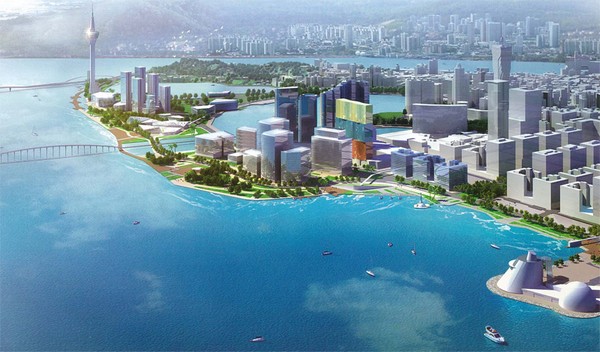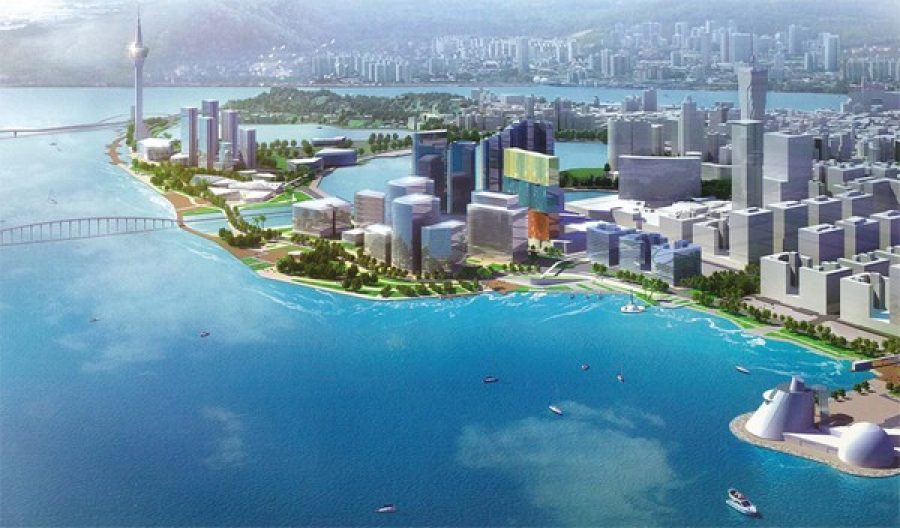The Legislative Assembly (AL) Tuesday passed the outline of the city’s first-ever urban planning bill with votes of 19 lawmakers, while two abstained.
During the plenary meeting, lawmakers discussed the government-initiated bill, which was introduced to the legislature by several senior government representatives including Secretary for Transport and Public Work Lau Si Io and Lands, Public Works and Transport Bureau (DSSOPT) Director Jaime Carion.
A total of 21 lawmakers voted for the bill while two – Kwan Tsui Hang, a vice-chairwoman of the Macau Federation of Trade Unions (commonly known as Gung Luen), and outspoken civil service unionist Jose Pereira Coutinho – abstained. Only 21 of the legislature’s 29 members were present to cast their votes on the bill.
Lau said during the meeting that the bill aimed at setting up a system to regulate the city’s urban planning.
According to the bill, there would be two types of urban planning – an overall plan and a detailed plan. The goals of the former include how to use the city’s land resources, how to choose the right locations for infrastructure projects and how to decide on the functions of each urban area, while the latter’s goals include setting up criteria for the city’s buildings and how to protect Macau’s valuable and scarce land resources.
The bill also states that there would be a mechanism in place to guarantee public participation in drafting urban planning projects.
According to the bill, there would be a government-appointed advisory urban planning council, which would be regulated by a future by-law.
After Lau’s presentation, several lawmakers raised questions on the bill.
Grassroots lawmaker Au Kam San said there were many problems with the city’s urban planning, including many high-rises being built anywhere even in locations next to historical sites and that the original use of some plots of land had been changed “too easily” to allow for the construction of luxury residential buildings.
He questioned whether the bill could fix the current problems.
Kwan said that as officials had “too much” power many of the requests to construct high-rises would be approved “too easily”.
“Although the bill restricts the power of the government … the bill also states that the government will need to draft many by-laws [to regulate the law’s implementation] … it is unacceptable that the government would need to draft a by-law regarding the overall urban plans ,” Kwan was quoted by The Macau Post Daily as saying, questioning whether there would be any mechanism in place to ensure the public’s right to know.
Coutinho also questioned as to why it was necessary for so many by-laws to be drafted regarding the implementation of the law.
Unlike law, by-laws are enacted by the government without the involvement of the legislature.
Lawmakers also raised questions on how the future urban planning council would be run and who would be appointed to it.
Responding to lawmakers’ questions, Lau said that the bill would improve citizens’ right to know and public participation.
Lau vowed that professionals from different sectors would be included in the council.(macaunews)






